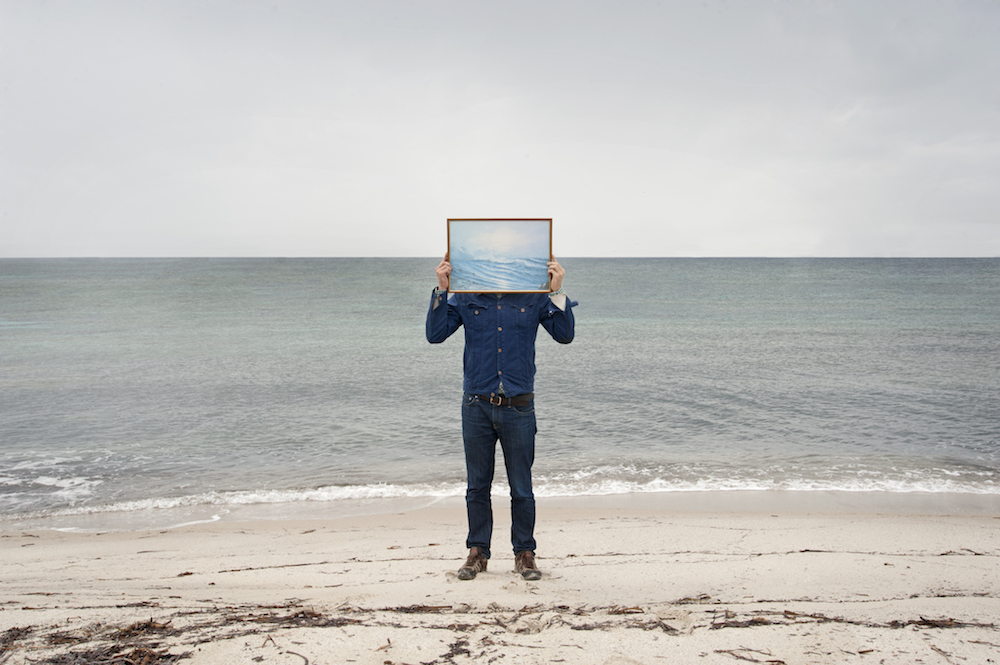Filippo Luini
Vedo non vedo is the new group show that on the 9th of June has been presented at The Lone T, in Milan, and includes works by Ilaria Bombelli, Rachele Maistrello, Valentina Sommariva, Agne Raceviciute, and Lorenzo Scotto di Luzio. The peculiarity of this exhibition is the fact that you took part in it as a curator rather than as an artist. How was the experience of this reversal of roles and how did you approach the curatorial challenge?
Filippo Luini: The exhibition developed in a very natural way. I did not have a previous project for a show in mind; however, while going deeply into a creative process, often one realizes that everything he needs is actually already there. In my head I already had a list of artists who I admired and whose work I already felt fully in line with; trying to sketch them mentally in groups was sufficient to understand which works could easily interact with the others. All the rest came very naturally as a consequence of this, something that really amazed me.
What is the connection between the works in the show? Are there any links with your artistic experience and researches?
All the artworks in the show deal with the topic of ‘costume’, a word that in Italian bears various meanings, like outfit, but also habits, customs, and manners. This topic recurs also in my research. My first selfportrait depicted the clothes that I was wearing on that day – it didn’t show myself but at the same time said so much about me. I am very interested in the way one’s identity can be affirmed by the costume: for instance, let us think about the power, in terms of meaning, of a bridal gown, a veil, or a hunting suit.
During the last years, for study purposes or for residencies, you had the chance to move in very diverse locations. How important is this kind of versatility for an artist? What kind of risks and opportunities have to be dealt with during a residency?
During a residency program, an artist may have to face the fact that the milieu pushes his work in directions that are very difficult to foresee in advance. Then, it is necessary to have the ability of bringing into question our own practice and to modify it according to the context. This is more than simply adapting to a new situation, and can be quite disorienting. For instance, before going to Greece for a project on migrant populations I was realising for Fondazione Fotografia, my initial aim was to focus on the concept of the nautical routes as well as on the succession of dawn and sunset. However, when I arrived there, I met five young Afghans whose stories were so fascinating that made me decide to tell them instead.
—
Filippo Luini, born in Varese, lives and works in Milan. He graduated at Master di Alta Formazione sull’Immagine Contemporanea at Fondazione Fotografia, Modena. He took part in several exhibitions such as Unseen Collection, Unseen Photo Fair 2015, Amsterdam; Premio Fabbri for Contemporary Art, 2014, Pieve di Soligo (Treviso); Remain in Light – Festival Filosofia 2014, Metronom, Modena; The Summer Show 2014 – Us, Foro Boario, Modena; 2013; Contemplative, PAC, Milano, 2013; Finalisti del Premio Prina 2013, Galleria Ghiggini, Varese. Residencies: 2014, Darat Al Funun, Khalid Shoman Foundation, Amman, Jordan.
A self-portrait of FIlippo Luini.
© Filippo Luini 2016
27/06/2016

